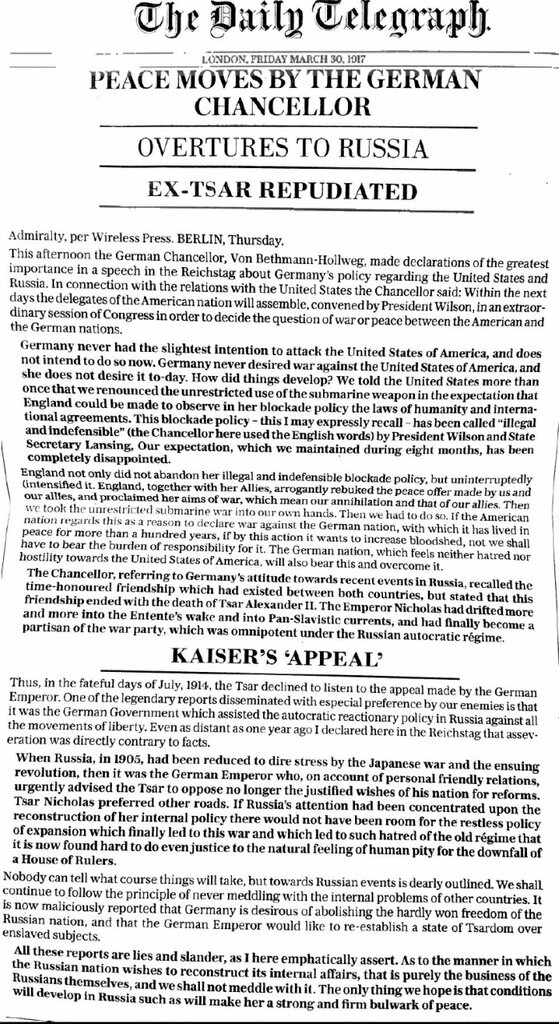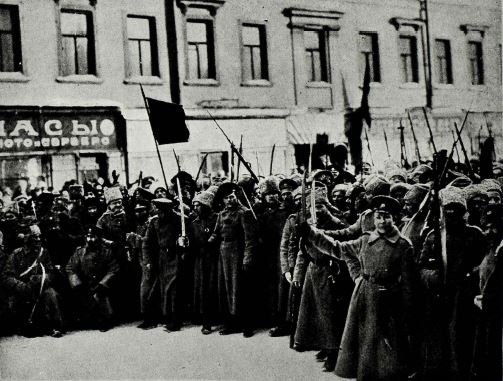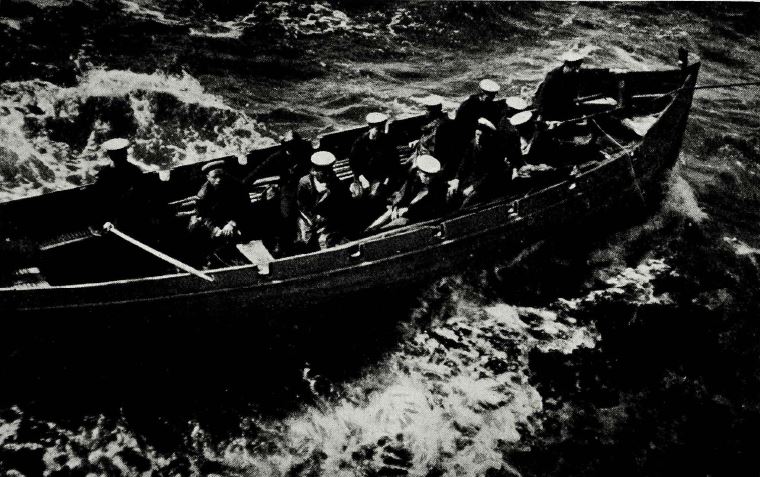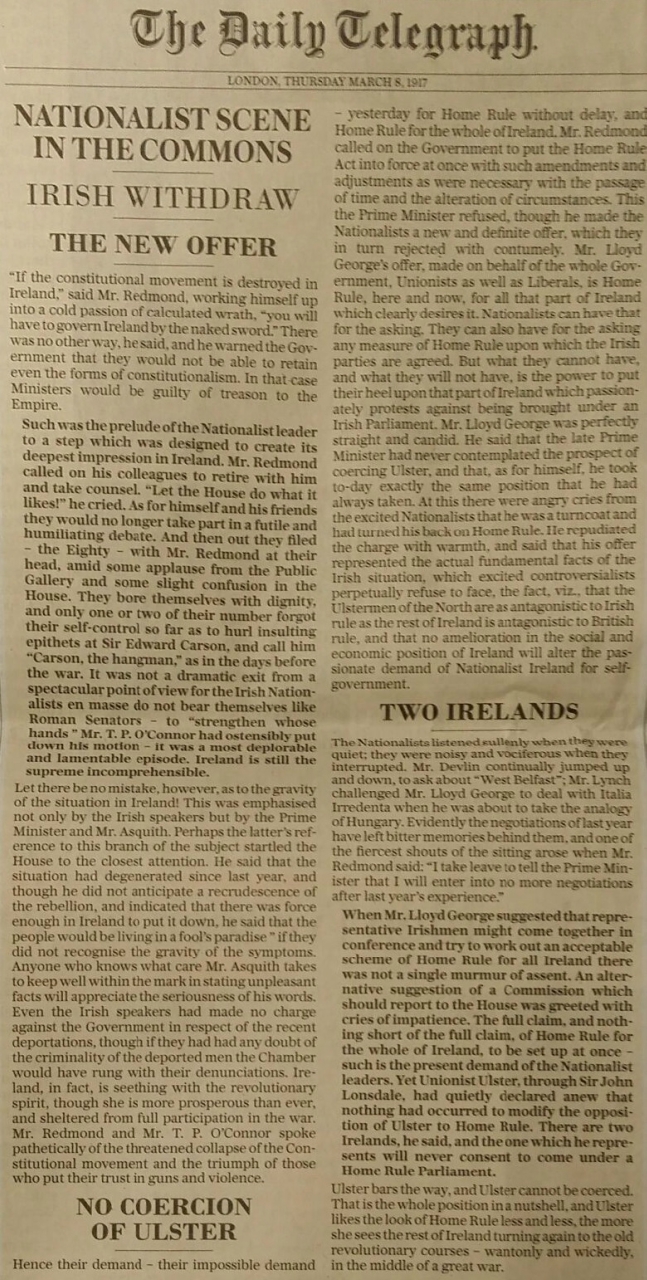
http://www.thetimes.co.uk/edition/register/rail-travel-restrictions-at-easter-f97kflkqm
March 31, 1917
Rail travel restrictions at Easter
It is desirable that the public should understand the reasons which have prompted the Board of Trade to appeal for a general abstention from unnecessary railway travelling during the Easter holidays. The warnings issued have nothing to do with the necessity for economy in personal expenditure, though the need for saving remains imperative enough. They are not the outcome of a desire to discourage the holiday-making spirit, though this is no time for relaxation, when the culminating crisis of the war may be at hand. The reason is more simple. Our railways have been so depleted, both of men and rolling-stock, that they cannot carry holidaymakers, and those who have the opportunity of a few days’ rest must therefore stay at home.The Railway Executive Committee has done its best to warn people. Booking-offices will not issue tickets after next Tuesday until after Easter Monday. Even at the stations no tickets will be issued in advance. Through bookings over the lines of more than one company will be suspended. There will be no excursions or holiday trains.
These disabilities are severe but the public will do well to accept the situation without demur. The railway companies cannot help themselves, for every week the demands of the war continue to expand. Ever since the war began men have been going from the railways to the Army, until the deficiency of railway labour is almost as marked as in agriculture. During the last few weeks very large additional numbers have been called up for military service, and still more will soon be wanted. The requisitions of rolling stock have been equally sweeping, and the number of British locomotives and wagons sent to France continues to grow. Our diminished railway staffs are so heavily worked that they cannot handle holiday traffic in addition.
It should be remembered that, although fares are higher and trains slower and fewer, this country has hitherto enjoyed far better railway facilities than any other belligerent. Our railways have faced the ordeal of war with wonderful success, but they can handle traffic only up to the limit of their men and their rolling stock. The utmost sympathy will be felt for the holiday resorts, which may be deprived of the visitors they expected at Easter, but the claims of the war are paramount.


















































